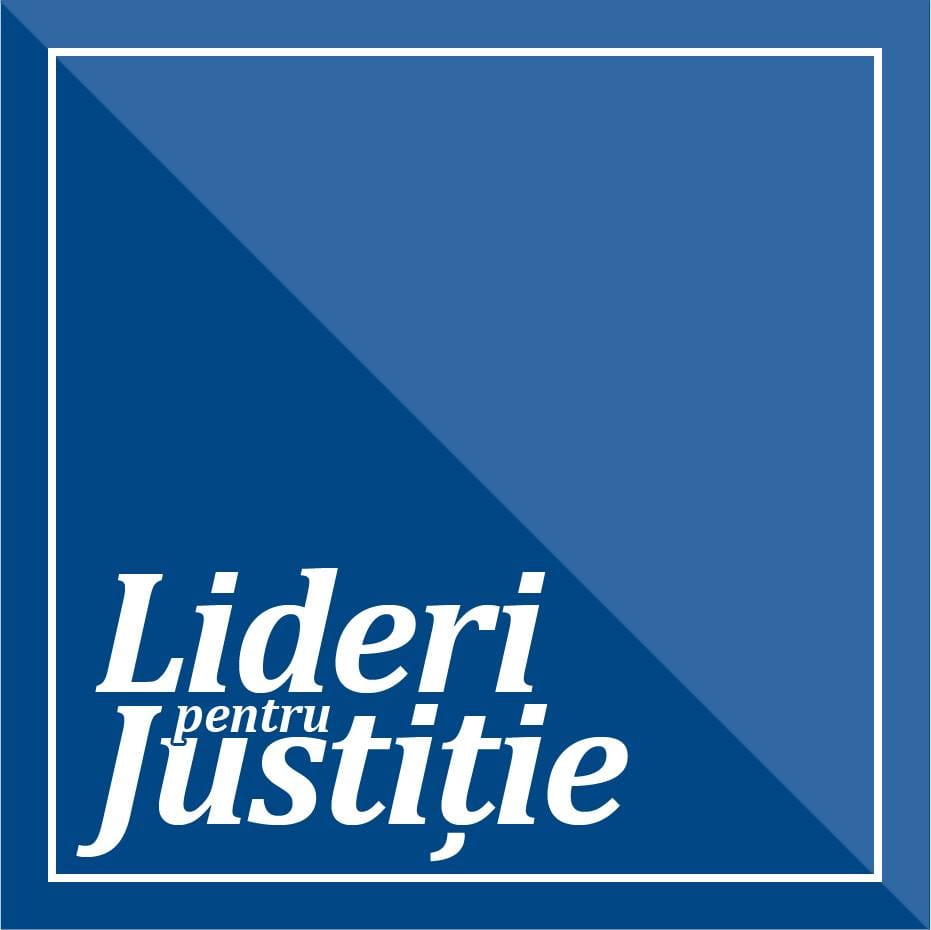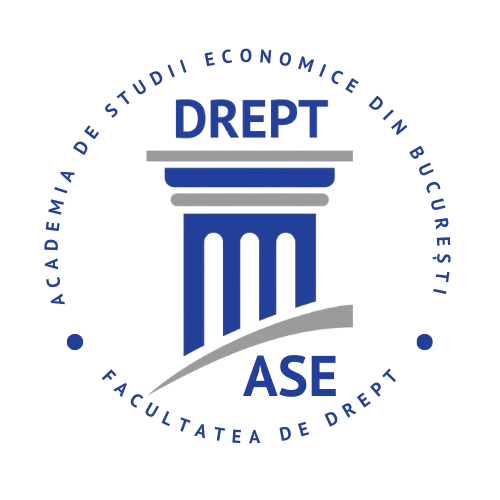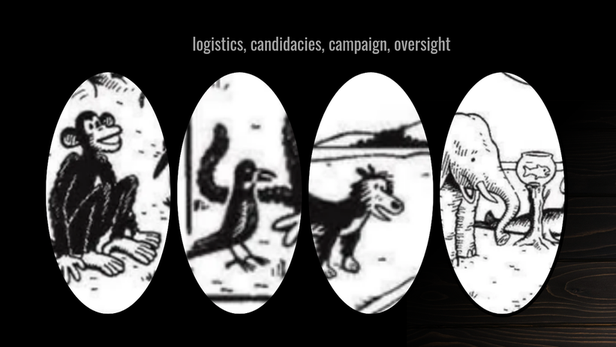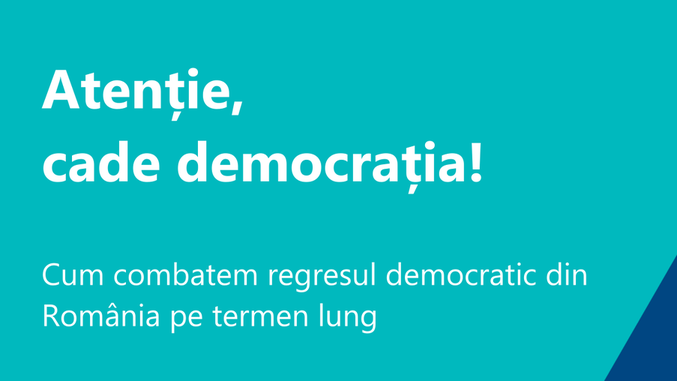UNCAC implementation should be the result of several institutions and policy initiatives working as a great orchestra, in a grandiose concert, under the guidance of a visionary conductor. While the world this year celebrates a lifetime of achievements by Herbert von Karajan, neither the world, nor Romania, managed to identify that great conductor to lead the way and get things done until the next Conference of States Parties, at the end of 2009 in Qatar 🙁 Let’s take a brief look at recent developments in Romania, during the past 2 weeks:
The Senate finally approved the first round of amendments to the legal framework of the National Integrity Agency on 19 March. The most important decision was to finally clarify ANI’s competence and/or jurisdiction on assets control, between the legal wording unjustified vs. illicit. Another thing to be clarified–hopefully at the Senate’s plenary of 7 April–relates to adopting a decision-making procedure to certify when ANI would become operational. Quite clearly, ANI cannot fulfill all of its legal attributions before selecting, recruiting and training the appropriate staff–most of all, the integrity inspectors. While ANI‘s President may be the only one to initiate the procedure, the Senate wants to assume the legal and political responsibility for declaring the Agency operational. We’ll see whether this is a good development…
The National Integrity Council–the body overseeing ANI‘s activity and guaranteeing its independence and/or impartiality–finally concluded the third round of selection for the ANI President. Of 12 candidates who applied for the job, 11 applications were validated, only 9 challengers submitted their management plans, just 5 sat in for the written examination, and finally 1 succeeded to meet the Council for an interview. This last Mohican, who actually passed the interview on 27 March, is the current Vice-president of the Agency, previously selected by the same Council on 9 October 2007. The Senate is expected to confirm Mr. Cătălin Macovei as President in the following weeks, such that the Council may kick-start the second round of selection for the Vice-president, once this position becomes vacant.
The Agency also started the procedure for recruiting 33 integrity inspectors on execution positions, at the end of February. More than 70 candidates applied for the job, a little over 40 had their files validated, just 38 were present for the written exam on 19 March, and only 22 qualified for the interview. The final results are expected at the beginning of next week, at the latest. Of course, a second round of selection will ensue–for completing the execution positions–and new procedures will soon be launched for recruiting inspectors on leadership, middle- and top-management positions. Given some very strict requirements, rather demanding evaluators and quite sloppy applicants, it looks to me like the Agency has very little prospects of becoming operational before the start of the local elections campaign on 1 May.
But, regardless of how the integrity instruments perform in the orchestra, the conductor seems to lack the overall vision of how the concerto sounds to the audience. In an ill-inspired decision on 31 March, the Tăriceanu Cabinet announced that justifying documents are no longer required for donations related to electoral campaign finance. The said documents referred to the origin of donated goods/money and the specific interests of the donor. Then, how could ANI verify potentially ensuing conflicts of interests, illicit enrichment and/or unjustified wealth without access to such documents?!? Investigations similar to an Irish tribunal leading to PM Ahern’s resignation would become impossible, in spite of Romania having a specialized agency! At least TI-Romania spotted the deficiency, and asked for the decision to be recalled. Will the conductor fix the cacophony, though?!?






